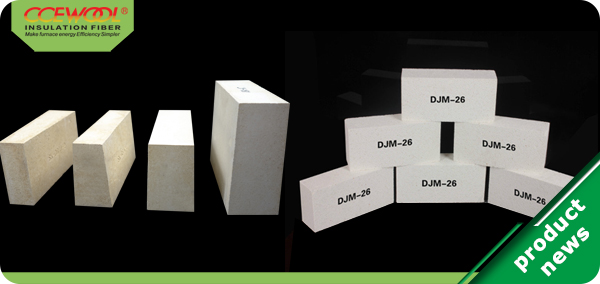
This issue we mainly introduce the difference between insulating fire brick and refractory fire brick.
2.Refractoriness
The refractoriness of insulating fire brick is generally below 1400 degrees, while the refractoriness of refractory fire bricks is above 1400 degrees.
3.Density
Insulating fire bricks are generally lightweight insulation materials, the density is generally 0.8-1.0g / cm3 and the density of refractory fire bricks is basically above 2.0g / cm3.
In general, refractory fire bricks have higher mechanical strength, long service life, good chemical stability, no chemical reaction with materials and good high temperature resistance. The maximum heat resistant temperature can reach 1900 ° C. It is especially suitable for high and low temperature conversion furnaces, conversion furnaces, hydrogenation converters, desulfurization tanks and methanation furnaces in fertilizer plants. It plays the role of dispersing gas and liquid, and supporting, covering and protecting catalysts. It can also be used in hot blast stoves and heating conversion equipment in the steel industry.
Refractory bricks have the advantages of high density, high strength, wear resistance, good corrosion resistance, small thermal expansion coefficient, high grinding efficiency, low noise, long service life, and no contamination of materials. It is a high-quality grinding medium suitable for various grinding machines.
Refractory fire bricks are very different from insulating fire bricks and their application condition, application scope and their performance are very different. Different positions require different refractory materials. When choosing materials, we must decide which refractory material is suitable for our use according to our actual situation.